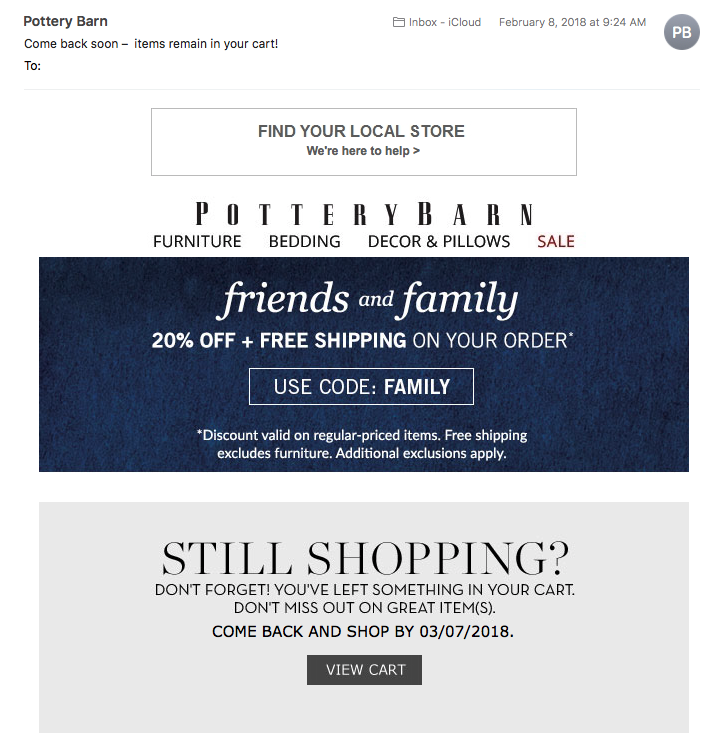
How to Use Online Automation While Keeping a Personal Touch
As a marketer, you want to connect with your audience.
You want customers and clients to think your brand is friendly, approachable, and easy to work with.
So when your manager comes in and suggests increases in automated efforts, you’re skeptical.
How can a human connection be automated?
How can you make customers trust you without personal emails and phone calls?
Whether you work at a small company that’s growing or a large company that’s disconnected from its customers, you can add a personal touch to your customer communications, even if you have hundreds or thousands of contacts.
Here’s how to use online automation while keeping and cultivating a personal touch:
You shouldn’t use automation just because some online marketing expert told you it was a good idea.
You should use automation to fill existing gaps, and as a time saver so that you can focus on more big picture initiatives.
Take a look at your marketing process, and see which activities (particularly ones that you do over and over) could be automated.
Here are some holes that companies often fill with automation:
- User onboarding
- Welcome emails for newsletters, courses, and events
- Sales cycle emails
- Transactional-based emails such as confirmations, notifications, and shipping information
- Scheduling of blog posts and social media updates
It’s easy enough to automate email marketing efforts, and you can use automation to send high-performing personalized campaigns.
According to Campaign Monitor, emails with personalized subject lines are 26% more likely to be opened, and Experian reports that personalized emails deliver 6x higher transaction rates.
Email marketing providers like Sendlane offer integrations and APIs that allow you to pass data from Shopify and other CRM or ecommerce platforms directly to your email list.
You can setup automated emails so that every time a customer makes a purchase, or leaves something in their online shopping cart, they automatically get a personalized email:

Automation is not a barrier between you and your customers.
Instead, it’s an open door.
Each time customers receive automated messages, you can encourage them to contact you if they have any questions.
If you send an email, tell customers to simply reply back with any concerns.
You can put links to your brand’s social media pages in your emails so that customers can connect with you.
For example, if you’re interested in buying a new home, Trulia automates daily emails for the latest listings based on your criteria.
At the end of each email, they provide a link to get more information, so you can get in contact with the agent if you see a property of interest.

This automation strategy consistently provides information, while still encouraging you to get in touch.
If you want to ensure that your automated efforts still feel personal, make sure that you write like you’re talking to a friend.
When you create automated emails, speak to one person, not the crowd.
Here’s how to write like a friend:
- Use the second person, which means using “you” rather than “our customers.”
- Use custom “from names” to show the messages come from a human
- Employ casual language, like you would in a friendly email
Some companies, such as Dubsat, use a custom “from name” in automated emails, so that the emails feel personal.
Dubsat goes as far as to send the emails from the individual’s account executive.

Today’s tools make it easy to automate email, social media, advertising, and content marketing efforts.
The key is to assess where your brand has gaps, and fill it in with deliberate automation that prioritizes a personal touch.
If you automate your online efforts, you can save time, increase efficiency, and provide customers with a more comprehensive and fulfilling experience.
Automatic doesn’t mean robotic.
Use these tips and tactics to create automated marketing that feels personal.
Your turn: What’s your experience been with automation for online marketing efforts?
What are your struggles, and where have you seen success?
We’d love to learn about your experiences, so we can share your insights with our readers.
Emma Siemasko
Emma Siemasko is the Founder of Stories by Emma, a boutique content marketing consultancy that provides freelance writing and content marketing services to startups and tech companies.
Latest posts by Emma Siemasko (see all)